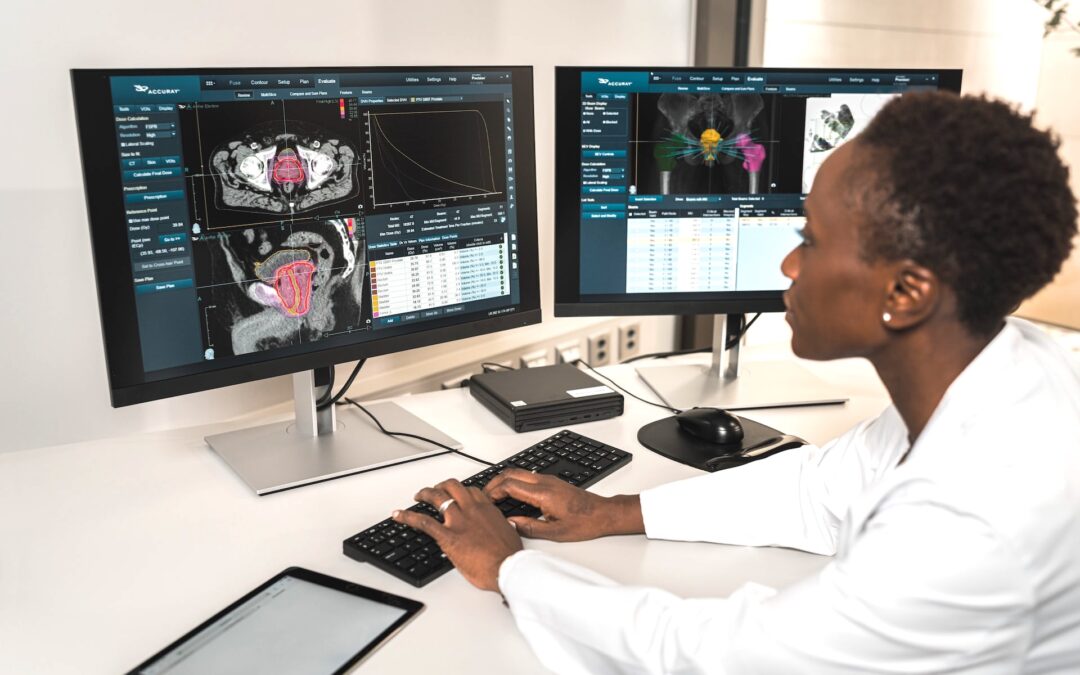Internationally acclaimed STEM advocate Calvin Mackie recently described the need for diversity in science, technology, engineering and math (STEM) fields as a matter of life and death. His proof points? Healthcare — specifially medical technology, where some of the most egregious examples of lack of diversity can lead to life-altering medical decisions.
“Certain innovations work fine for White people, but Black and Brown men, women and children may actually be endangered by inaccurate readings.”
Among the examples Mackie offers:
- The Nobel Prize-winning gene-editing tool CRISPR has been found not work as effectively on the genes of people of African descent.
- Commonly used medical algorithms sometimes use a “race adjustment” for patients, and these adjustments have negatively impacted the ability of Black people to obtain necessary kidney transplants and pain treatment.
- Pulse oximeters, which measure oxygen in blood, are not as accurate on people with dark skin — a problem that gained attention during the COVID-19 pandemic.
These examples and others like them point to the need for greater diversity across the health tech innovation industry, something which starts with STEM skills at the young ages, but also requires the industry to intentionally reach out to STEM students to make them aware of the wide range of opportunities to change people’s lives by working in healthtech.
“Why does improving representation in STEM matter? It matters because women and people of color can help find solutions for the inequities and biases expressed – and hopefully eliminate them in scientific research and healthcare.”

